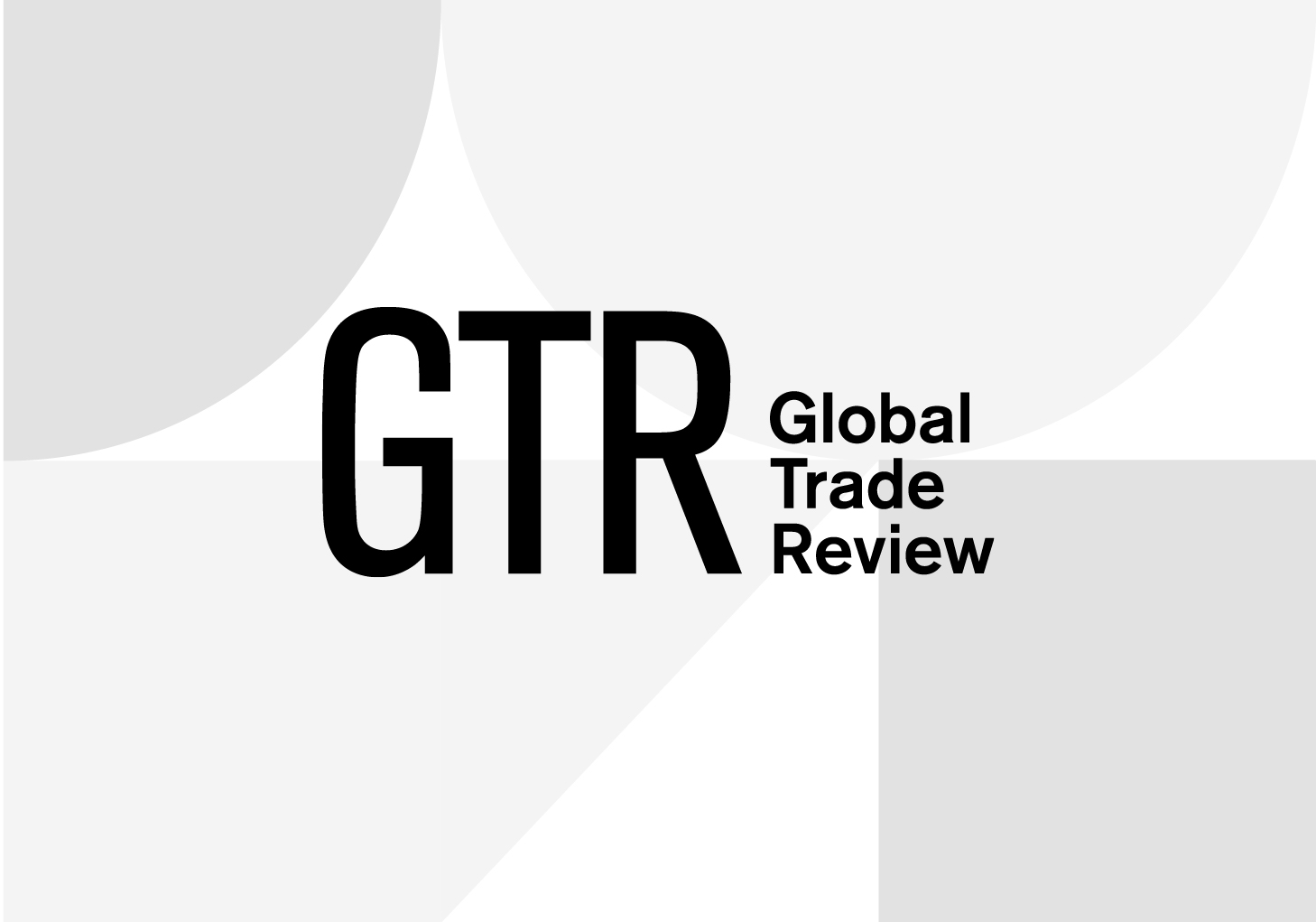On January 26-27, EMCS, a Malta-based economic research and business consulting firm, in conjunction with Fimbank, organised an international conference in Malta entitled “Trade Finance in the Mediterranean – towards the 2010 Euro-Med Free Trade Area “It was sponsored by Bank of Valletta and Banque Libano-Franaise.
The conference held at the Hilton in Malta focused on highlighting trade financing opportunities and their benefit to importers, exporters, legal and business professionals, as well as financial institutions.
The event was addressed by a series of high profile speakers including Jilani Benm Barek, president of the Association of the Mediterranean Chambers of Commerce and Industry; Souleymane Traore, senior investment officer, IFC; Roderick Chalmers, chairman, Bank of Valletta; Jeroen Kohnstamm, secretary general, Factors Chain International; Margrith Lütschg Emmenegger, president, Fimbank; Uwe Malezki, managing director, Malta Freeport Terminals; Meguerdich Agop Bouldoukian, head of financial institutions, Mena countries, Bank of Beirut; Philippe Meyer, head of unit, European Commission DG Trade; Simona Bovha Padilla, European Investment Bank; and Simon Busuttil, MEP, as vice-chairman of the European Parliament’s Committee for Maghreb.
The conference was oriented at evaluating the progress towards the establishment of the Euro-Med Free Trade Area agreed upon by the Euro-Mediterranean Partners in the Barcelona Declaration by target date 2010.
This is expected to lead to vast trade opportunities as well as technological spill over from the forecasted increase in foreign investment, and shall contribute towards the exchange of capital, ideas, goods and services. The EU is also working to lag down regional rules of origin for the facilitation of the process and thus encouraging the integration of production and value added in the region. This will accelerate growth in the region and create intra regional synergies resulting from new unrestricted trade between north and south, west and east.
Despite the inherent benefits that are expected, experts are of the opinion that one of the factors that could hinder this initiative is the lacking trade finance infrastructure in the region. It is therefore evident that by 2010 a more fully integrated and sustainable financial infrastructure is required to facilitate trade between countries in the region.
Indeed, ideas to develop a trade finance mechanism for the region have been under discussion, for some time now, and a proposal had been drafted in the past to develop a Mediterranean Development Bank. On similar lines is the initiative taken by private commercial banks under the leadership of Bank of Valletta in Malta to set up the Mediterranean Bank Network with the scope of promoting cross border business in the region.
Despite this, however, it is evident that the success of the development of this regional free trade area critically hinges on the availability of a fully-fledged trade financing system and the time is now opportune to address this deficiency that will otherwise detract from the achievement of the desirable goals for a Euro-Med Free Trade Area by 2010.
A number of institutions and corporations showed interest by joining a total of 180 delegates from Europe, North Africa and the Middle East. The prominent international speakers from various Mediterranean countries such as Malta, Lebanon, Tunisia, and Egypt identified the players in the industry and evaluated the existing trade finance infrastructure for trade with North Africa and the Middle East, and the potential for its further development.
They also shed light on many aspects of trade finance, which led to challenging discussions and exchange of views with the audience of Maltese, Mediterranean and international businessmen and finance leaders from countries such as France, Libya, UK, and Germany.
The attendees, amongst others, benefited from first hand information about the Euro-Med and an overview of the changes taking place, as well as an outline of new business opportunities in the region. Some major players of the industry gave practical tips and suggestions of how to trade in the region and attract new potential business.
John Grech, chairman and managing director of EMCS, and vice-chairman of Fimbank initiated the debate by discussing new models and new opportunities for sustainable trade in the region. Whilst urging his audience to think in terms of “process” rather than political structures, Grech highlighted the challenge to all economic actors “to participate in making the Mediterranean region a major global business zone open to free trade of goods, services and investment also acting as a major interface for cultural exchange, understanding, cooperation and promotion of world peace and prosperity”.
Lütschg Emmenegger referred to the fact that Malta joined the International Finance Corporation (IFC) stating that this would qualify a range of Malta-based internationally focused activities for IFC support. Such activities would include the proposed Trade Finance Programme, as well as savings or investment funds focused on developing projects in neighbouring countries and attracting funds from private Maltese and foreign investors.
In turn, IFC senior delegates, Souleymane Traore and Nada Shousha, confirmed Malta’s eligibility for IFC support to locally based, regionally focused financial and trade ventures.
The conference was concluded on a positive note with pragmatic suggestions put forward by many parties, one of which was to host a private sector Euro-Mediterranean Trade Financing programme with a view to substantially develop regional trade flows, presented by one of the senior speakers, MH Bouldoukian, former deputy governor of the Central Bank of Lebanon, and head, financial institutions, Mena countries, Bank of Beirut.
For the free trade area to be successful a more developed and equipped financial infrastructure in the region is required. Albeit a number of private initiatives are already underway. Fimbank, Commercial International Bank and IFC have joined forces to promote trade further and make the relevant finance more generally available to business in the region by setting up a joint venture in Egypt, called Egypt Factors, which was launched after the event was concluded.







